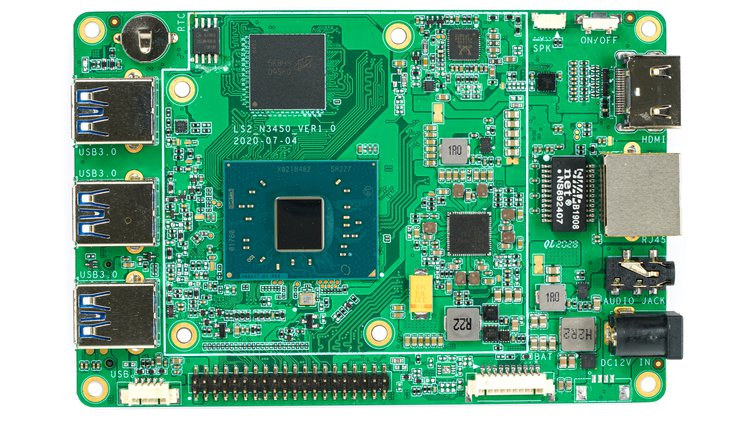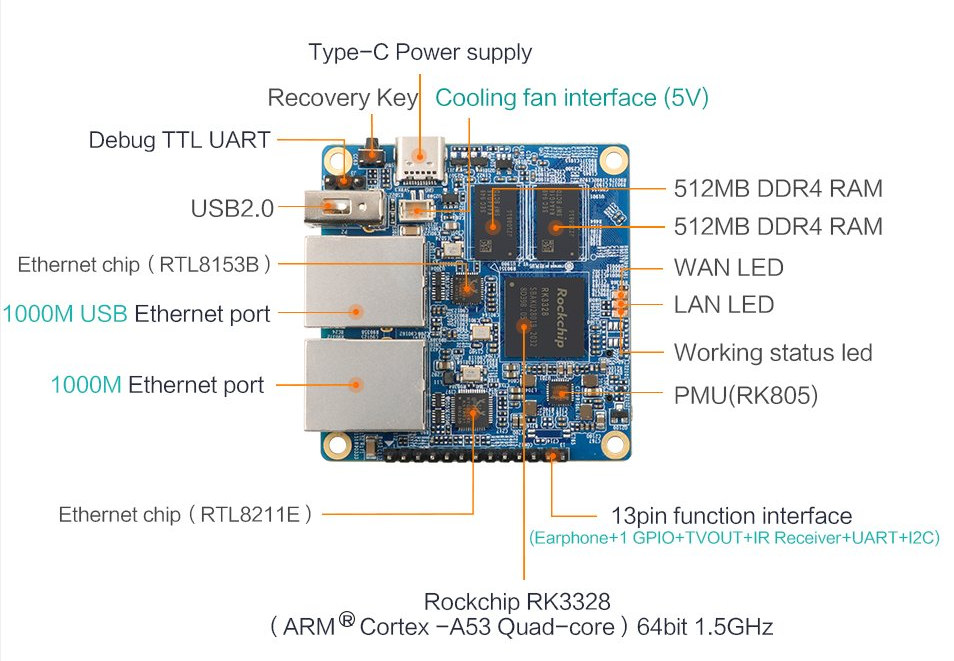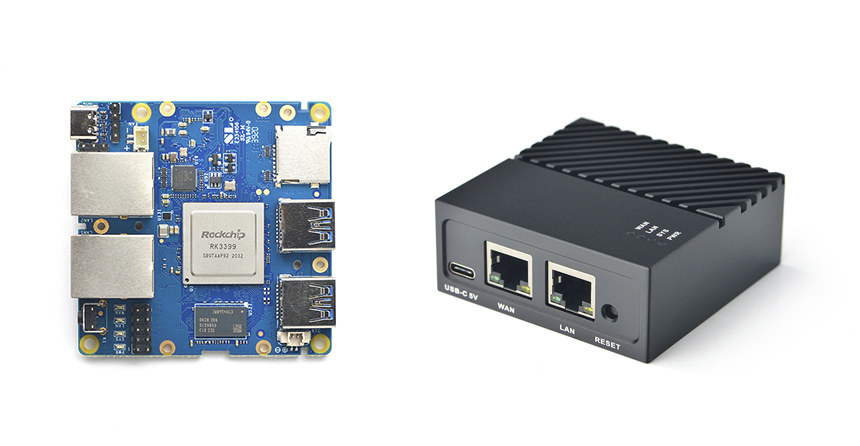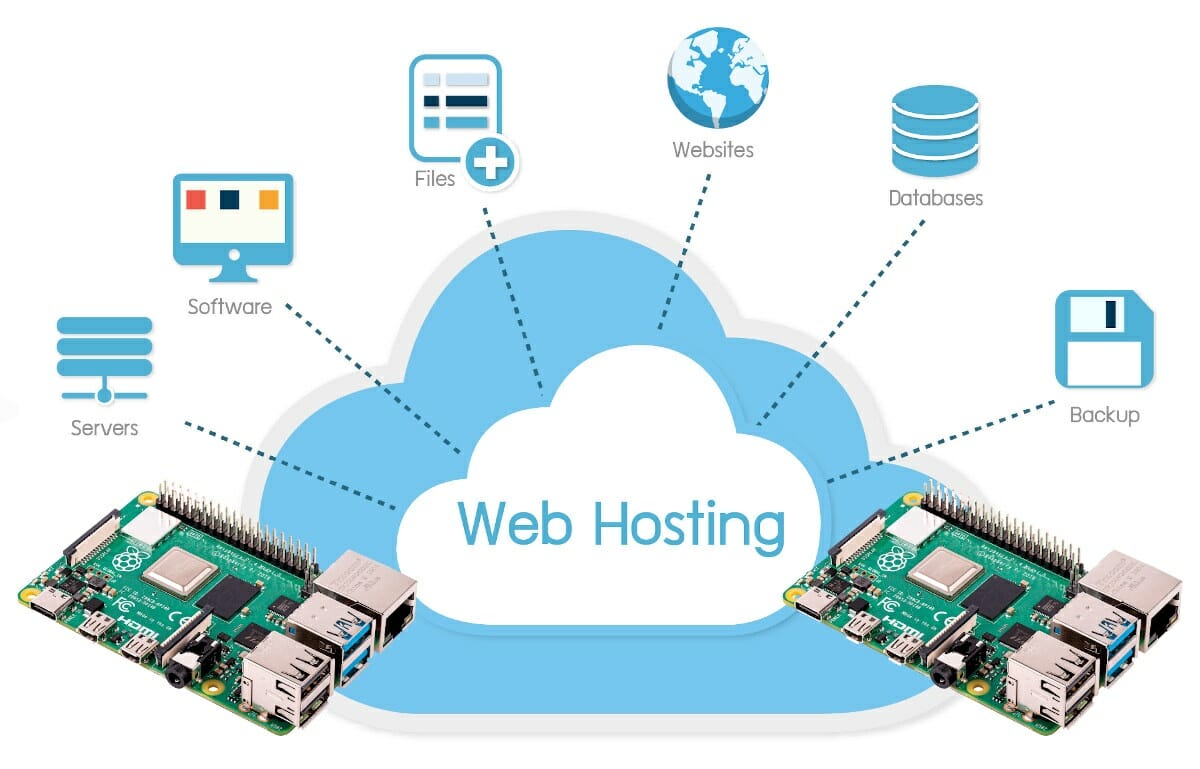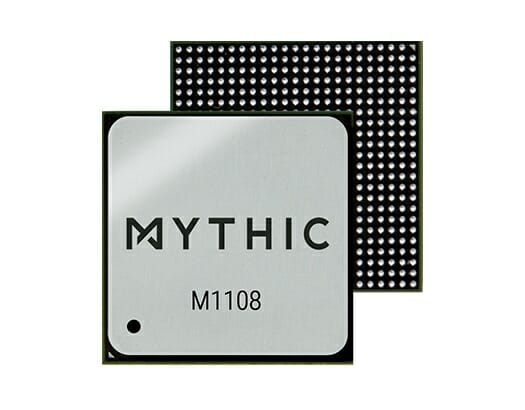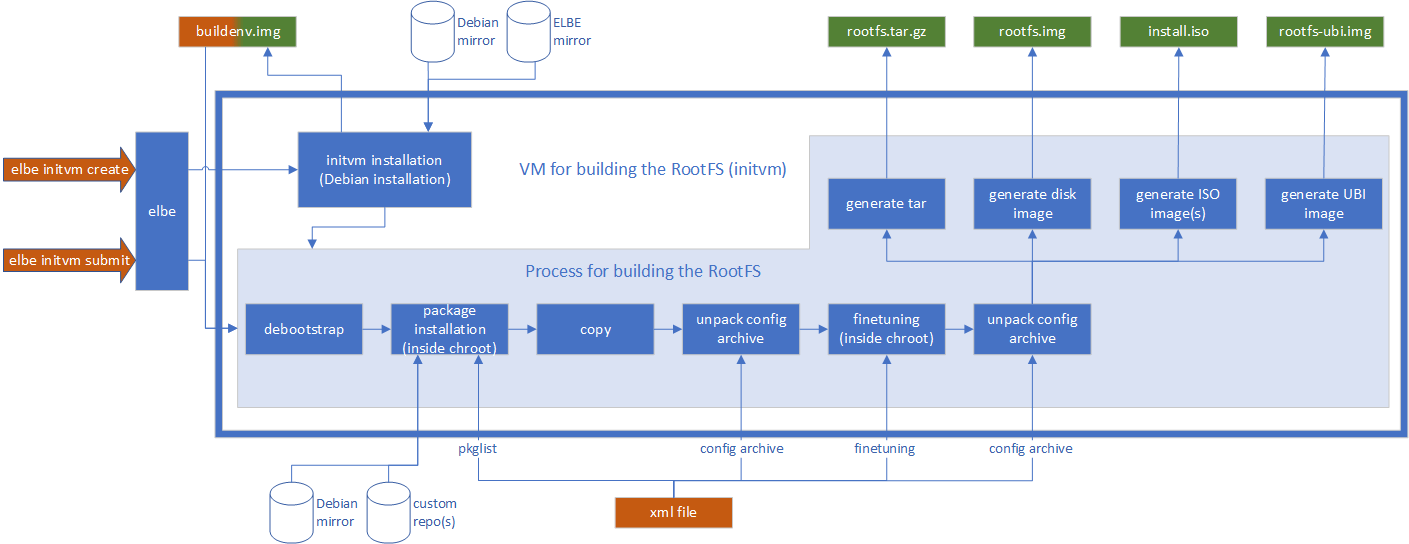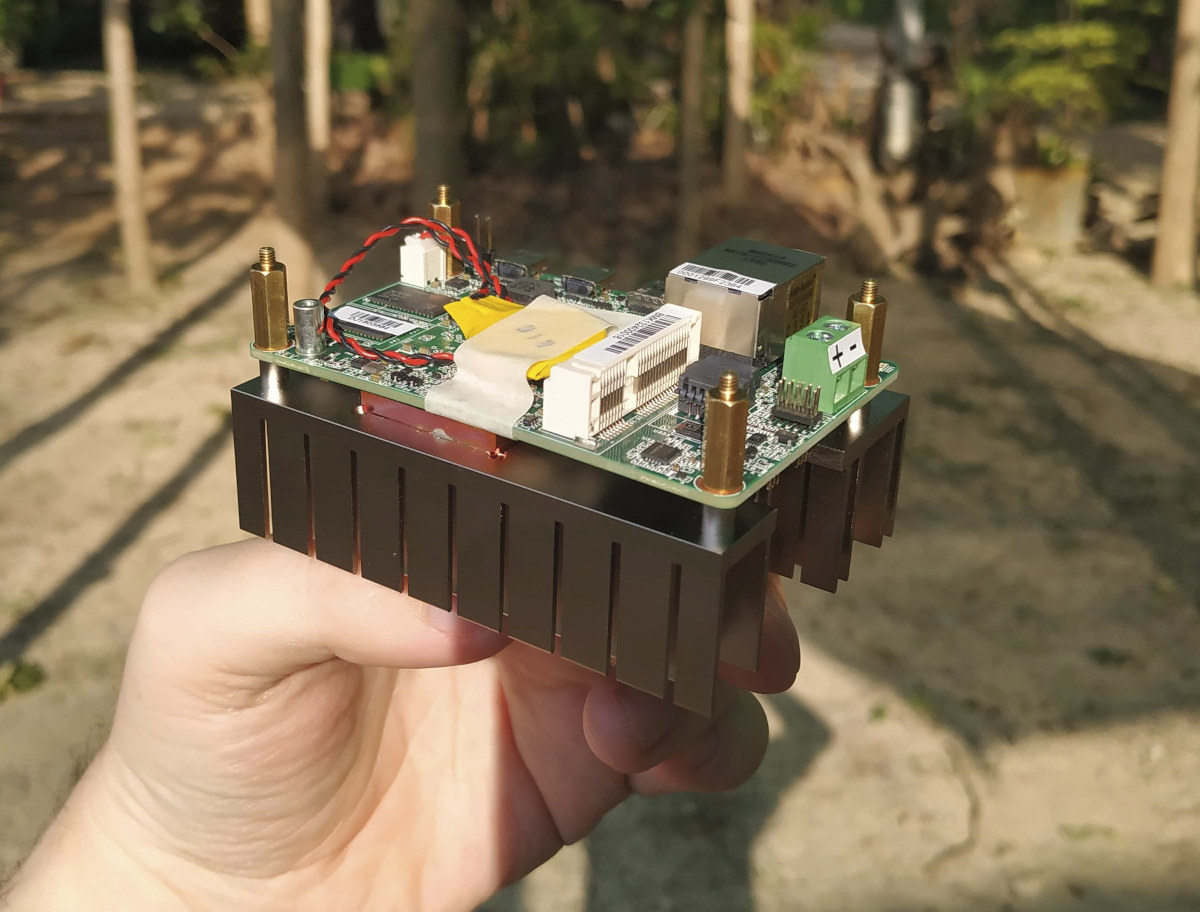We’ve seen several x86 SBCs made for the makers’ community including AAEON Up Board family, AMD powered UDOO BOLT boards, and Seeed Studio Odyssey-X864105 SBC and mini PC. Hackboard 2 is another one of those single board computers. Powered by a dual-core Intel Celeron N4020 Gemini Lake Refresh processor coupled with 4GB DDR4 RAM and 64GB eMMC flash, the board offers the usual HDMI, Ethernet, USB ports, plus a 40-pin Raspberry Pi header, and an optional 4G or 5G modem. Hackboard 2 specifications: SoC – Intel Celeron N4020 dual-core Gemini Lake Refresh processor @ 1.1 GHz / 2.8 GHz (Turbo) with 4MB cache, Intel UHD graphics 600; 6W TDP System Memory – 4GB DDR4 RAM Storage – 64 GB onboard eMMC flash, 2x NVMe M.2 slots for up to 4 TB additional storage Video output HDMI 2.0a output up to 4K 30-pin eDP connector for 11.6″ to 15.6″ displays 6-pin […]
Orange Pi R1 Plus router SBC features Rockchip RK3328, Dual GbE
FriendlyELEC NanoPi R2S SBC for headless applications with Rockchip RK3328 processor and dual Gigabit Ethernet ports is getting some competition, as with Orange Pi R1 Plus board, Shenzhen Xunlong Software has updated its Orange Pi R1 board powered by an Allwinner H2+ to RK3328 processor coupled with 1GB RAM, and offering dual Gigabit Ethernet ports, plus one USB port for router applications. Orange Pi R1 Plus board specifications with highlights in bold or stricken through showing differences against R1 board: SoC –Rockchip RK3328 quad-core Cortex-A53 @ 1.5 GHz with Arm Mali-450MP2 System Memory – 1GB DDR4 RAM Storage – MicroSD card slot, 16 MB SPI flash Connectivity – 2x Gigabit Ethernet via RTL8211E transceiver and RTL8153B USB 3.0 to Ethernet chip + 802.11 b/g/n WiFi (Realtek RTL8189ETV) with u.FL antenna connector and external antenna USB – 1x USB 2.0 port, 1x USB-C OTG port Expansion headers Unpopulated 26-pin “Raspberry Pi […]
NanoPi R4S SBC launched with optional metal case for $45 and up
We found NanoPi R4S board in a work-in-progress Wiki last month. The tiny single board computer is designed for headless applications but comes with much better specifications compared to similar boards with a Rockchip RK3399 hexa-core processor with up to 4GB RAM, dual Gigabit Ethernet, and USB 3.0 ports. At the time we had limited information, but FriendlyELEC has now started selling the board for $45 and up, together with an optional metal case for a fanless operation that should ensure very good cooling. Here’s a reminder of NanoPi R4S specifications: SoC – Rockchip RK3399 hexa-core processor with dual-Core Cortex-A72 up to 2.0GHz, quad-core Cortex-A53 up to 1.5GHz, Mali-T864 GPU with OpenGL ES1.1/2.0/3.0/3.1, OpenCL, DX11, and AFBC support, 4K VP9 and 4K 10-bit H265/H264 60fps video decoder System Memory – 1GB DDR3 or 4GB LPDDR4 Storage – MicroSD card slot Networking – 2x GbE, including one native Gigabit Ethernet, and […]
IKOULA hosts Raspberry Pi 4 “micro server” for 4.99+ Euros per month
Hosting services for Arm single board computers where you pay a monthly fee for a board, and have it hosted in a datacenter with Internet access and easy provisioning have been around for over six years. Last summer, we reported that Mythic Beasts and mini Nodes had added Raspberry Pi 4 hosting plans to their offerings, and others commented there were also other companies. But I’ve just been informed IKOULA, a hosting company based in France, had introduced Raspberry Pi 4 “micro server” hosting plans starting at just 4.99 Euros ex. VAT per month. The hosting plans include the following: Micro server – Raspberry Pi 4 SBC with 4GB DDR4 RAM Storage – 16GB SD card (optional 120 GB SSD) Connectivity – IPV6 only, with IPv4 as an option Bandwidth – 1 Gbit/s Availability – 99.95 % The company offers Raspbian (Raspberry Pi OS), Ubuntu 20.04 32-bit or 64-bit for […]
M1108 AI accelerator chip delivers up to 35 TOPS for high-end edge AI applications
Last week, Mythic announced a breakthrough with compute-in-memory technology based on a 40 nm process with what the company claims to be the industry’s first Analog Matrix Processor. The M1108 AMP AI accelerator chip targets high-end edge AI applications including smart home, AR/VR, drones, and is said to set a benchmark in the industry for high performance and low power in a single cost-effective device, also available in M.2 and PCIe form factors. The M1108 comes with an array of flash cells, ADCs, a 32-bit RISC-V nano-processor, a SIMD vector engine, SRAM, and a high-throughput Network-on-Chip (NOC) router. With 108 AMP tiles, the M1108 provides up to 35 Trillion-Operations-per-Second (TOPS) enabling ResNet-50 at up to 870 fps. This enables a power-efficient execution of complex AI models such as ResNet-50, YOLOv3, and OpenPose Body25. The industry leader NVIDIA also has a similar AI accelerator chip NVIDIA Xavier AGX which delivers up […]
Reolink RLC-810A review – A 4K security camera with people & vehicle detection
Last week I received Reolink RLC-810A 4K smart security camera with support for people and vehicle detection. I listed the specifications and check out the content of the package of the first security camera I’ve received with artificial intelligence. That should be great to avoid all unnecessary alerts from motion detection I get from my “dumb” IP cameras. In this review, I’ll write a small guide showing how to use the camera with the Reolink app, the web interface, and check out RTSP and ONVIF support. I’ll also see if people and vehicle detection lives up to my expectations. Reolink RLC-810A Camera installation and setup As noted in the first part of the review, the camera does not come with a power adapter and does not support WiFi. So I had to find a 12V power adapter and used a 15-meter Ethernet cable to connect it to my router. Before […]
ELBE is a simpler alternative to Yocto/OpenEmbedded and Buildroot
To support embedded design, there are several options when it comes to choosing an operating system (OS). Some of the traditional approaches to building custom Linux systems is to use built systems such as Yocto/OpenEmbedded or Buildroot. The options available for system integration include building everything manually, binary distributions (Debian, Ubuntu, Fedora, etc.), and build systems (Buildroot, Yocto, PTXdist, etc.). The major drawback of build systems is that they are not as easy as a binary distribution and also the build time is more. Why was ELBE born? In the early days, the embedded devices had 4MiB flash and 16MiB of RAM. With these specifications, people started to hack a root file system for their devices. But in some cases, they had to start with building a cross-toolchain first. For this, tools like OpenEmbedded, Buildroot are good as long as they are well maintained. For this, a lot of libraries […]
Giveaway Week – DFI GHF51 Ryzen Embedded SBC
Let’s end this year’s Giveaway Week with a bang courtesy of DFI GHF51 single board computer, that’s about the size of the Raspberry Pi, but is powered by an AMD Ryzen Embedded R1606G dual-core processor coupled with 4GB RAM and 32GB storage. With Gigabit Ethernet, dual micro HDMI output, and a single USB-C port, the board is clearly designed for industrial machines, digital signage, and robotics, but it can also be used as a standard computer via a USB-C hub. I tested the SBC with WIndows 10 Enterprise LTSC and Ubuntu 20.04, and it worked well in Windows, except for some issue with one of my USB hard drives where transfers would just stall from time to time. I had the same issue in Ubuntu plus some artifacts while running the UNIGINE 3D benchmark. For testing, I set up dual-boot for Windows 10 and Ubuntu 20.04, so considering there’s just […]


